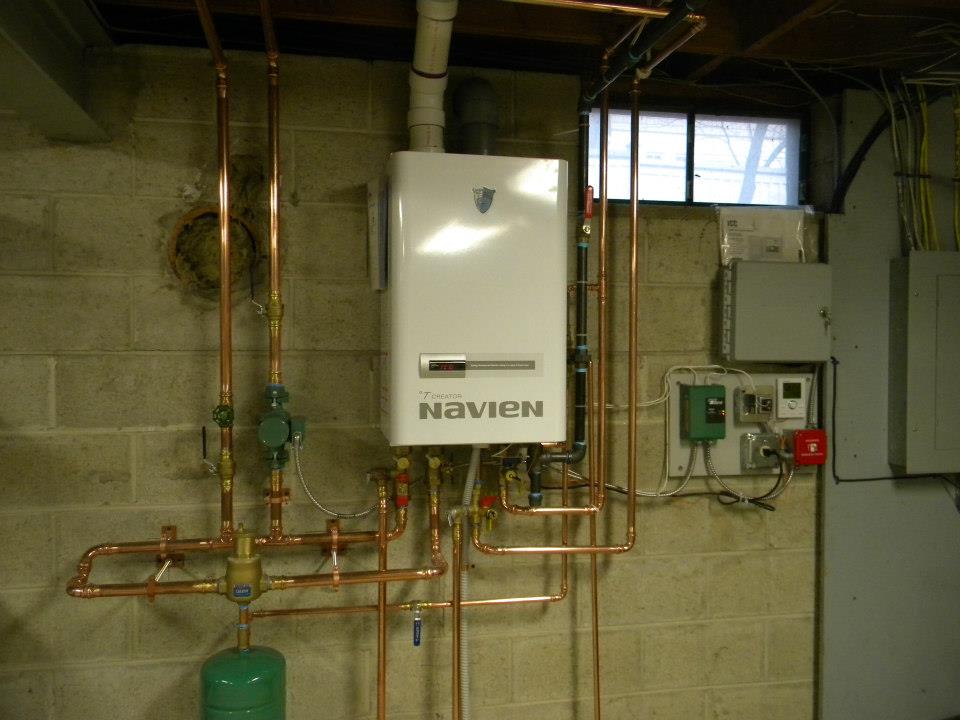When Should You Replace Your Boiler?
No one wants to be left with a broken down boiler and an emergency call out to a heating contractor. Many homeowners would prefer the peace of mind that they’ll always have heating and warm water, rather than an old unit that could break down at any point.
If your boiler is nearing the end of it’s lifespan you might consider replacing it for a newer, more reliable model,. Far better to pre-empt any potential problems. But is it necessary? When should you replace your boiler?
What does Energy Star say?
According to government backed Energy Star, you should consider replacing your boiler after 15 years. But notice the key word here is to consider.
There are no definitive rules when it comes to replacing your boiler. Generally most modern units should last at least 15 years – if not longer. With regular maintenance such as a yearly service, a good quality model can last much longer.
Do modern boilers last longer?
Sadly as is true for most things in life, quality is not what it used to be. Things aren’t made to last as long as they once were in our throwaway society. A well-made, efficient model may last you a little longer, but on the whole 10-15 years has been about the average for the past some decades, and continues to be the average, but don’t base your decision on age alone.
Consider condition over age
Age is not the only way to determine when you should replace your boiler. It’s more important to consider it’s condition as well.
Typical signs that it’s time for a boiler replacement include:
- Frequent breakdowns
- Unexplained increase in fuel bills
- Taking longer to heat up
- Difficulty in replacing parts
Frequent breakdowns
Occasional breakdowns do not mean you need to replace your boiler at all. If you are finding however that you need to call out a contractor more than once a year, then you may want to consider the cost of these call-outs and repairs in the long-term over the costs of a replacement. If the boiler is going to breakdown beyond repair in a year or two, it may be more economical to replace it now and avoid the expense of future repairs.
Unexplained increase in fuel bills
Consistently higher fuel bills can be caused by a boiler that is no longer operating at optimum efficiency. If it’s old then you may want to consider a more modern, energy efficient model.
Taking longer to heat up
Water taking longer to heat up? Are you getting cold while you wait for your rooms to heat which is taking longer than normal? You might also notice that the room (s) closest to the boiler are warmer than the rest of the house.
A boiler that is slow to operate can mean that it’s approaching the end of it’s days. You can consult a professional to determine whether a repair or replacement is most appropriate in this situation.
Replace in the summer
If you decide to go ahead with a new boiler installation, a good time to do it is in the summer months when you’re not dependant on your heating. Avoid the stress and additional costs of rushing to get your boiler swapped out when the weather turns cold and do it in the off-season.
Ask your local boiler service company
While it’s possible for homeowners to have some idea as to the condition of their boiler, the best advice will always come from a trained professional. If you’re not sure whether to go for a boiler repair or replacement, speak to your local heating company.
Riley Plumbing and Heating company service all types of boilers across New Britain, Berlin and the rest of Hartford County CT.



Recent Comments